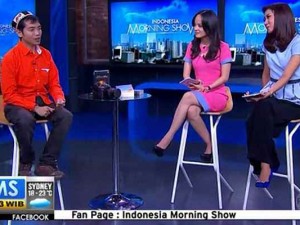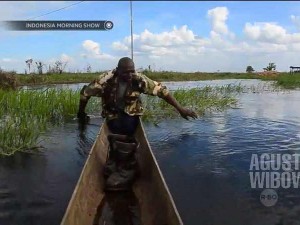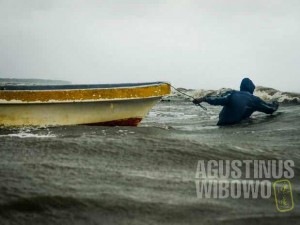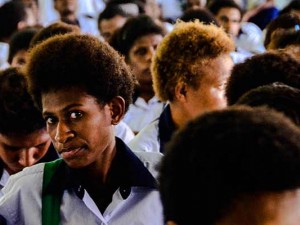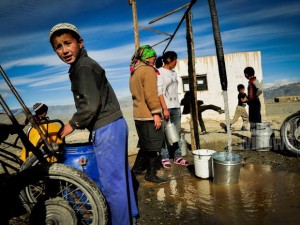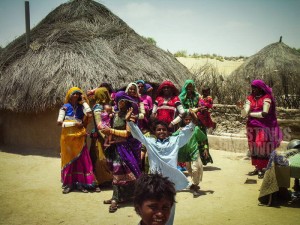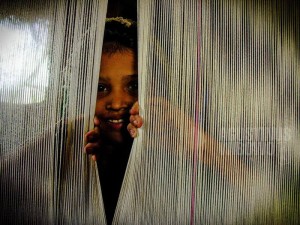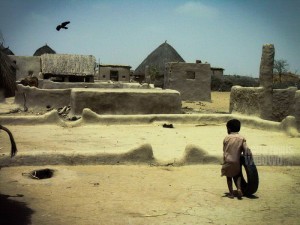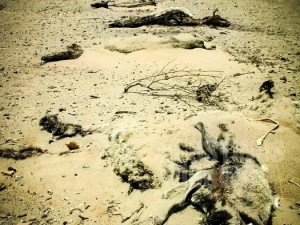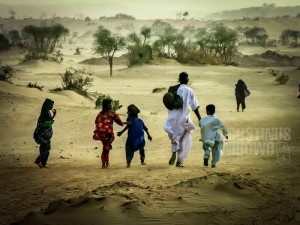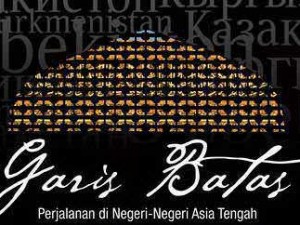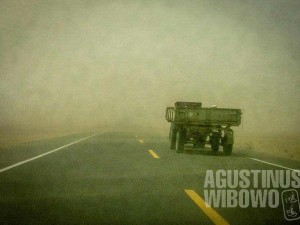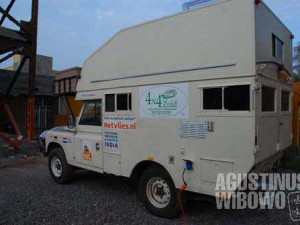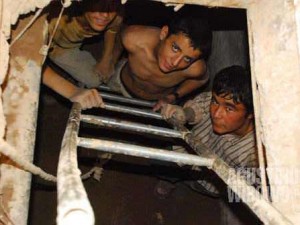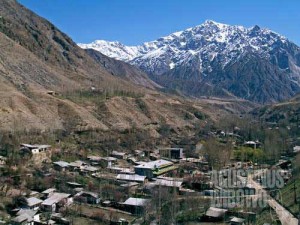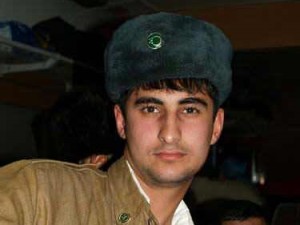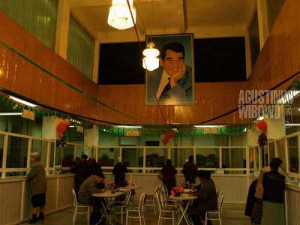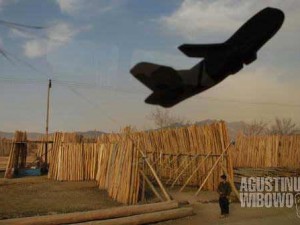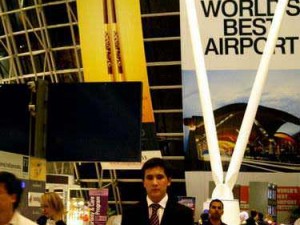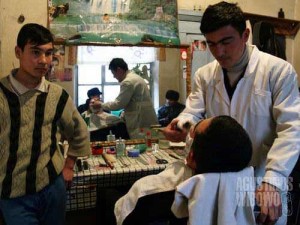[VIDEO] Net TV (2014): Talk Show Perjalanan minat khusus bersama Agustinus Wibowo
Indonesia Morning Show Net TV 29 December 2014: Talk Show Perjalanan minat khusus bersama Agustinus Wibowo Agustinus Wibowo not only travels, but also learning the life of the people in the regions he visits. He has visited countries like Afghanistan, Mongolia, Pakistan, and just returned from a three-month journey in Papua New Guinea, and is projecting to visit all Indonesian borders. In Indonesia Morning Show NET TV 29 December 2014, Agustinus talks about his journey and what he has learned. Talkshow in Indonesia Morning Show program of Net TV on traveling to unusual places to learn about the life of the [...]

